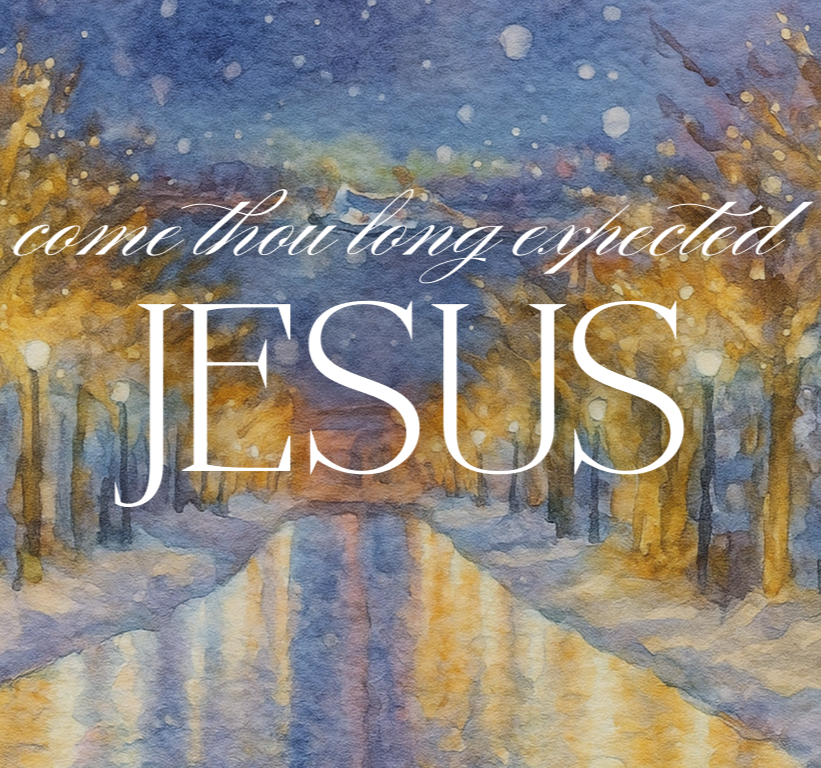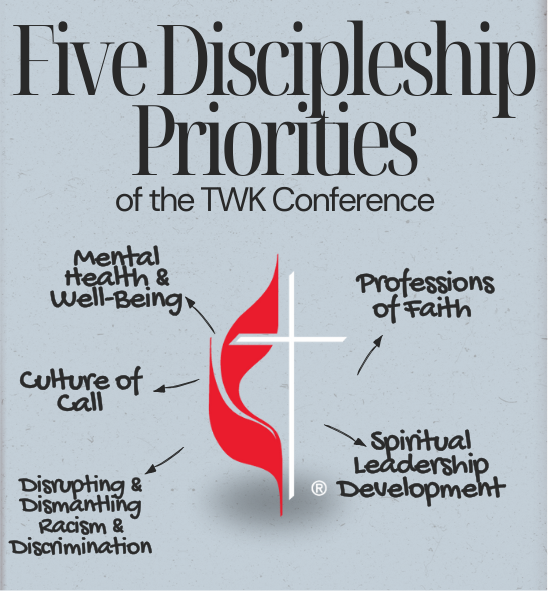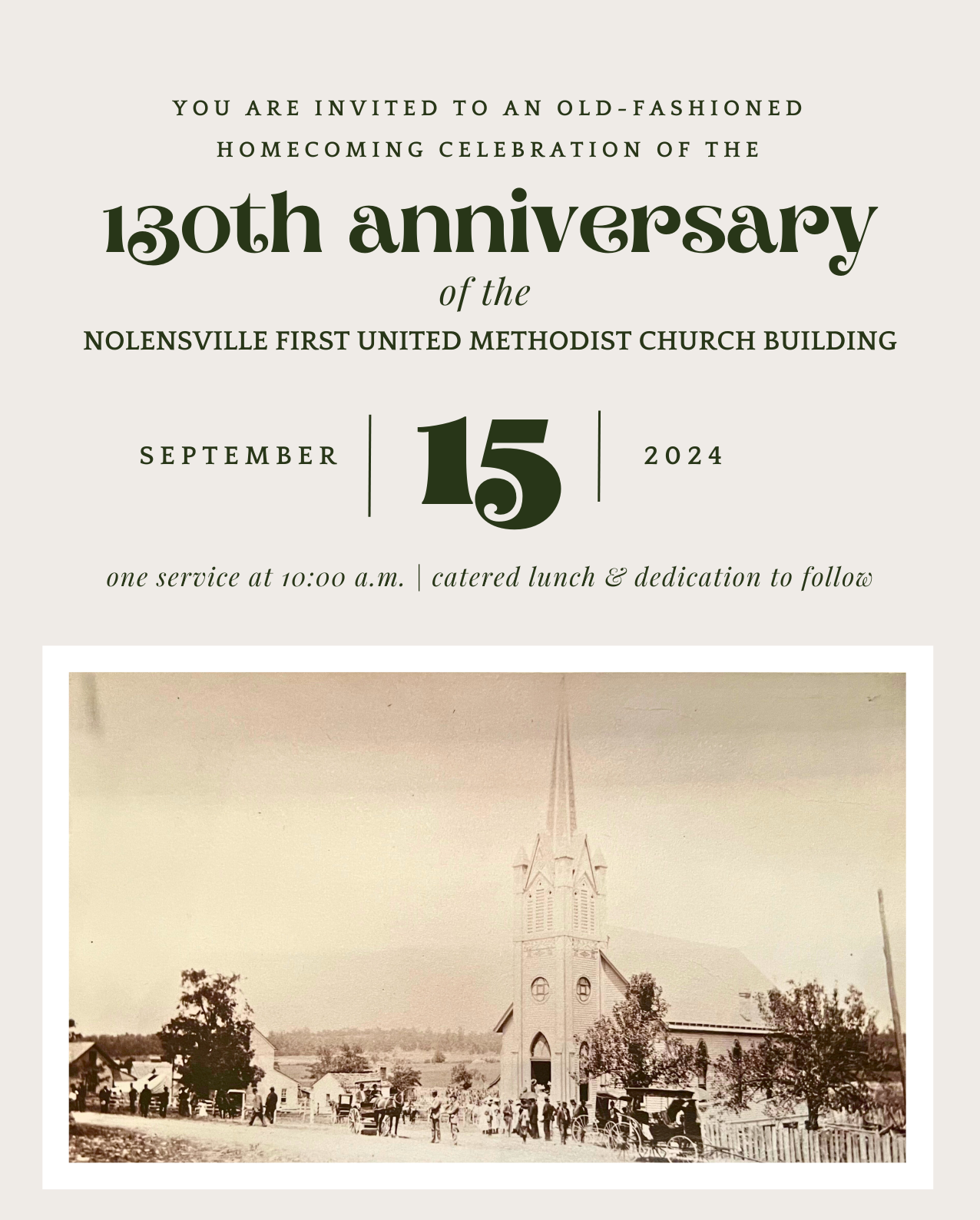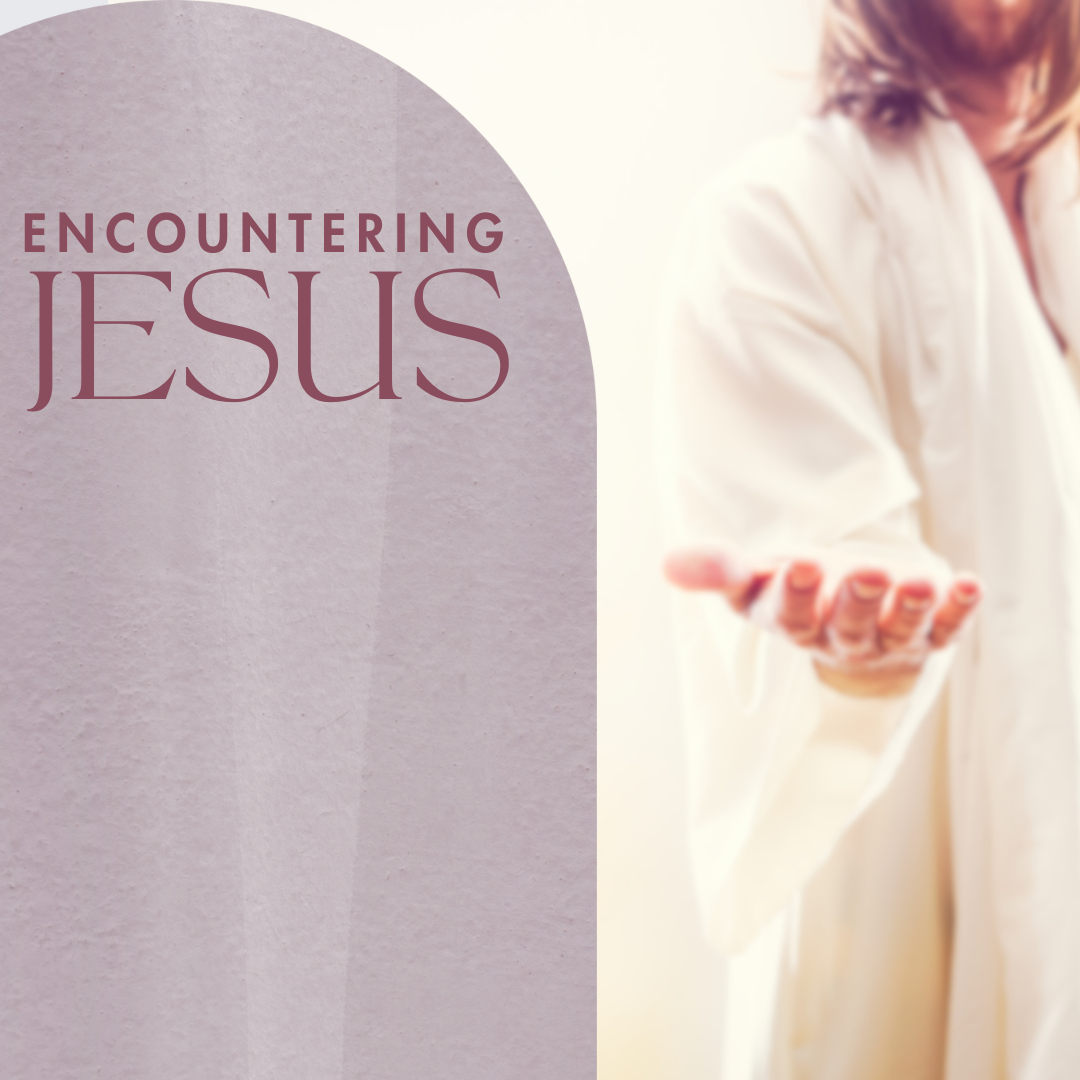Past Sermon Series
2026

January 4: Seeing the Light
January 11: Power of Presence
January 18: Give You as a Light
February 1: Carry the Light
February 8: What is Good
February 15: Transfigured - Glory Revealed
2025

November 30: An Early Prophet: Isaiah
December 7: Two Later Prophets: John the Baptist and John the Theologian
December 14: The Mother of God and First Disciple: Mary
December 21: The First Witnesses: Angels, Shepherds, Simeon, and Anna

November 9: A Life Well Lived: Time & Talent
Download the TextWatch the video on YouTube.
November 16: A Life Well Lived: Grateful, Thankful, Blessed
Download the TextWatch the video on YouTube.
November 23: A Life Well Lived: Being Rich Toward God
Download the TextWatch the video on YouTube.

October 5: Faith to Change
Download the TextWatch the video on YouTube.
October 12: Whole Faith
Download the TextWatch the video on YouTube.
October 19: Persistent Faith
Download the TextWatch the video on YouTube.
October 26: Humble Faith
Download the TextWatch the video on YouTube.

September 7: Who Do You Say
September 14: Who Am I?
September 21: What is the Sign?
September 28: How Many Times?

July 27 | Mental Health and Well-Being - Anxious & Alone: Moving to Mt Horeb
Download the TextWatch the video on YouTube.
August 10 | Professions of Faith - Right Place, Right Time: When God Opens a Door
Download the TextWatch the video on YouTube.
August 17 | Culture of Call - What is Your One Thing? A Call to Trust God
Download the TextWatch the video on YouTube.
August 24: Spiritual Leadership - Change Your Focus: The Next Most Faithful Step
Download the TextWatch the video on YouTube.
August 31: Disrupting and Dismantling Racism and Discrimination - Roll Down Justice: Radiant Generosity
Download the TextWatch the video on YouTube.

April 27: Don’t Stop Believing Thomas: The Impact of the Resurrection
Watch the video on YouTube.
May 4: Don’t Stop Believing Peter: The Impact of the Resurrection
Watch the video on YouTube.
May 11: Believing in Christ: Jesus Promises Life
Watch the video on YouTube.
May 18: Believing in Christ: Love One Another
Watch the video on YouTube.
May 25: Believing in Christ: My Peace I Give to You
Watch the video on YouTube.

March 9: Final Days
Watch the video:
- 8:30 Contemporary
- 10:45 Traditional
- 8:30 Contemporary
March 16: The Passion According to Mark
Watch the video:
- 8:30 Contemporary
- 10:45 Traditional
- 8:30 Contemporary
March 23: The Passion According to Matthew
Watch the video:
- 8:30 Contemporary
- 10:45 Traditional
- 8:30 Contemporary
March 30: The Passion According to Luke
Watch the video:
- 8:30 Contemporary
- 10:45 Traditional
- 8:30 Contemporary
April 6: The Passion According to John
Watch the video:
- 8:30 Contemporary
- 10:45 Traditional
- 8:30 Contemporary
April 13: Looking for a Messiah
Watch the video:
- 8:30 Contemporary
- 10:45 Traditional
- 8:30 Contemporary
April 20: Don't Stop Believing in the Resurrection
Watch the videos of our services.
8:30 - Contemporary
10:45 - Classic

January 5: Striving Together for More
Watch the video:
- 8:30 Contemporary
- 10:45 Traditional
- 8:30 Contemporary
January 19: Strive to Worship More
Watch the video:
- 8:30 Contemporary
- 10:45 Traditional
- 8:30 Contemporary
January 26: Strive to Pray More
Watch the video:
- 8:30 Contemporary
- 10:45 Traditional
- 8:30 Contemporary
February 2: Strive to Give More
Watch the video:
- 8:30 Contemporary
- 10:45 Traditional
- 8:30 Contemporary
February 9: Strive to Study More
Watch the video:
- 8:30 Contemporary
- 10:45 Traditional
- 8:30 Contemporary
February 16: Strive to Serve More
Download the TextWatch the video:
- 8:30 Contemporary
- 10:45 Traditional
- 8:30 Contemporary
February 23: Strive to Share More
Download the TextWatch the video:
- 8:30 Contemporary
- 10:45 Traditional
- 8:30 Contemporary
March 2: Strive to Follow More Closely
Download the TextWatch the video:
- 8:30 Contemporary
- 10:45 Traditional
- 8:30 Contemporary
2024

December 1: The Christ Express, Next Stop: Hope
Watch the video:
- 8:30 Contemporary
- 10:45 Traditional
- 8:30 Contemporary
December 8: The Christ Express, Next Stop: Peace
Watch the video:
- 8:30 Contemporary
- 10:45 Traditional
- 8:30 Contemporary
December 15: The Christ Express, Next Stop: Joy
Watch the video:
- 8:30 Contemporary
- 10:45 Traditional
- 8:30 Contemporary
December 22: The Christ Express, Next Stop: Love
Watch the video:
- 10:00 Combined
December 29: What Happens After Christmas

October 6: Avoiding Anger
Watch the video:
- 8:30 Contemporary
- 10:45 Traditional
- 8:30 Contemporary
October 13: Making Distinctions
Download the TextWatch the video:
- 8:30 Contemporary
- 10:45 Traditional
- 8:30 Contemporary
October 20: Taming the Tongue
Download the TextWatch the video:
- 8:30 Contemporary
- 10:45 Traditional
- 8:30 Contemporary
October 27: Root of Conflict
Download the TextWatch the video:
- 8:30 Contemporary
- 10:45 Traditional
- 8:30 Contemporary
November 3: Judge Your Neighbor?
Watch the video:
8:30 Contemporary
10:45 Traditional
November 10: Power of Prayer
Watch the video:
8:30 Contemporary
10:45 Traditional

September 15: 130th Anniversary
Watch the video:
- Combined
- Combined
September 22: Fall Retreat Message

August 5: Living By Faith: Outrageous Faith
Watch the video:
- Contemporary
- Traditional
- Contemporary
August 11: Faith & the Impossible
Watch the video:
- Combined
- Combined
August 18: Faith in Action
Watch the video:
- Contemporary
- Traditional
- Contemporary
August 25: Five Unshakeable Things
Watch the video:
- Contemporary
- Traditional
- Contemporary
September 1: Final Commands
Watch the video:
- Contemporary
- Traditional
- Contemporary

April 7: Jesus Appears on the Road to Emmaus
Download the TextWatch the video:
- Contemporary
- Traditional
- Contemporary
April 14: Jesus Appears to the Disciples and Eats Fish
Download the TextWatch the video:
- Contemporary
- Traditional
- Contemporary
April 21: Jesus Appears to the Disciples
Download the TextWatch the video:
- Contemporary
- Traditional
- Contemporary
April 28: Jesus Appears Again to the Disciples and Thomas
Download the TextWatch the video:
- Contemporary
- Traditional
- Contemporary
May 5: Jesus Appears and Commissions the Disciples
Download the TextWatch the video:
- Contemporary
- Traditional
- Contemporary
May 12: Divine Anticipation: Waiting for the Spirit
Watch the video:
- Contemporary
- Traditional
- Contemporary

May 12: Divine Anticipation: Waiting for the Spirit
Watch the video:
- Contemporary
- Traditional
- Contemporary
May 19: Unquenchable Fire: Community & The Holy Spirit
Download the TextWatch the video:
- Contemporary
- Traditional
- Contemporary
May 26: Cosmic Crossroads: The Spirit's Ever Expanding Reach
Download the TextWatch the video:
- Contemporary
- Traditional
- Contemporary
June 2: Changed Lives: Stories of Transformation
Download the textWatch the video:
- NO Contemporary
- Traditional (starts 15 minutes into)
- NO Contemporary
June 9: Unity in the Midst of Storms
Download the sermonIn Acts 15, the early church faced an inner conflict about their different beliefs that could split them. The Jerusalem Council gathered to try to achieve a unity of purpose by listening to the Holy Spirit and one another. Today we explore how the early church navigated doctrinal disagreements and diversity.
How can we as modern churches apply what happens here to resolving conflicts? And how do you balance unity and diversity within a faith community?
Watch the video:
8:30 Contemporary
10:45 Classic

